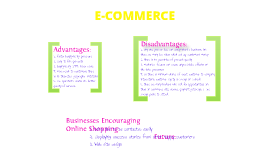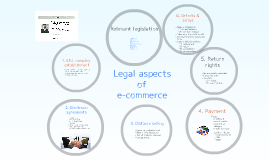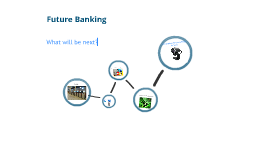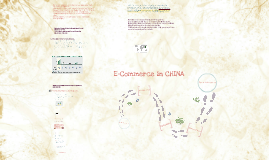e-commerce
Transcript: The Internet has penetrated China, the most populous nation in the world, at a rapid rate. China had 538 million Internet users by the end of June 2012 and is projected that China's Internet population will hit 718 million by 2013, accounting for 52.7 percent of the total population. Broadband makes up the majority of Internet connections in China. Wireless, especially the mobile phone Internet access has developed rapidly. While the Internet, as the latest technology of mass media, has enormous potential to bring profound changes to the information environment in China, there are a wide range of constraining forces at work, including governmental control, inadequate infrastructure, economic affordability, cultural perceptions, and language barriers Much of China's e-commerce growth is being driven by younger buyers. Consumers in China's so-called third and fourth tier cities, places like Hohot, Fuzhou, Nanchang, Cixi and Chaozhou, can have access to the same products and brands available in Beijing, Shanghai, Guangzhou and Shenzhen by shopping online. The Chinese government has heavily subsidized the rollout of high-speed access, so internet penetration now approaches rich-country levels. Greater product selection. The ability to compare prices across vendors Convenience. The early days of online shopping in China have been plagued by credit card fraud and counterfeit goods. These two issues have been addressed, in part, by the introduction of PayPal-like payment services, including Alibaba-owned Alipay. Poor return policies are also thwarting growth. Apparel is the most popular buying category, making up roughly half of all online sales in China. And while sales of physical goods are increasing quickly, digital content is growing at a slower rate, making up about one-third of all online sales The three BIG Internet companies in China are: ALIBABA BAIDU TENCENT Taobao- frequently described as the “eBay of China.” Users on Taobao can purchase and sell new and used goods at fixed or negotiated prices, as well as through auction-style listings. About half of B2C transactions currently take place on Taobao Mall, or Tmall, another Alibaba property. Together, Taobao and Tmall were responsible for 81% of online transactions by dollar amount in 2010. Other players in the space include 360buy.com, a multibrand retailer often described as the online, Chinese equivalent of Best Buy. Chinese consumers distrust advertising and news sources, recommendations from online reviewers and peers on social networks have heightened roles. Ninety-five percent of Internet users living in Tier 1, 2 and 3 cities in China are registered on at least one social media site Demographics vary among networks. Social media has a greater influence on purchasing decisions for consumers in China than for anywhere else in the world. “People rely more on word-of-mouth from friends, family and key opinion leaders, many of whom share information on social media,” - McKinsey Companies in China have yet to leverage social media properly. There’s a lack of familiarity with online social platforms at the executive level. Four big differences that distinguish Chinese e-commerce from any other country: 1. More online-only retailers. 2. Customer behavior: Dominance of online chat 3.Different payment options and check out paths. 4.Mobile commerce What's Next??? It’s increasingly important for Chinese companies to focus on e-commerce, whether they’re established international conglomerates or young retail start ups. To build out an aggressive brick-and-mortar presence would be a huge challenge, at this point. -Mullen BUT... One thing’s for sure... China’s e-commerce market is certainly a very different beast than the U.S.’s. Shipping prices and reliability have also been improved, particularly in urban coastal cities FACTORS IN DRIVING THE GROWTH OF E-COMMERCE IN CHINA: Type of Online Market E-Commerce in CHINA 3 Reasons Why People in China shop online: Internet Possibilities Messaging The increase of China’s middle class. The spread of government-subsidized, high-speed Internet access and Internet-connected cellphones have widened the pool of potential shoppers. Broadband Internet access costs around $10 per month, compared to $30 per month in India and $27 per month in Brazil. Search China is poised to become the biggest online marketplace in the world within the next few years. The size of China’s e-commerce market is expected to more than triple over the next three years. How Friendly to E-Commerce Implications E-Commerce E-Commerce Players

















